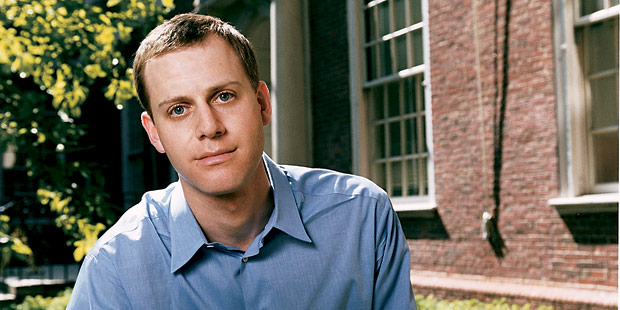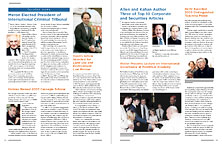The New Generation of Constitutional Scholars
Printer Friendly VersionProfessor Daryl Levinson, who joined the faculty at NYU School of Law in 2002 after six years on the faculty at the University of Virginia Law School, teaches and writes in the areas of constitutional law, remedies, and democratic political processes. Levinson is a leader in a new generation of constitutional scholars who seek to unify the study of public law and private law. In contrast to constitutional scholarship that emphasizes issues of theory, doctrine, or history, Levinson explores the actual effects on behavior of constitutional rules, including the behavior of the governmental actors who are the subject of most constitutional doctrines. By shifting analysis to practical consequences, Levinson suggests that many constitutional doctrines are misconceived, counterproductive, or rest on faulty empirical assumptions.
In several major publications, he has challenged broad swathes of the conventional wisdom in constitutional law and theory: “Framing Transactions in Constitutional Law,” Yale Law Journal (2002); “Making Government Pay: Markets, Politics, and the Allocation of Constitutional Costs,” University of Chicago Law Review (2000); and “Rights Essentialism and Remedial Equilibration,” Columbia Law Review (1999). Important themes in Levinson’s scholarship include the instrumental purposes and mechanisms of constitutional law, the relationship between private and public law, and the distinction between markets and politics as institutions of social ordering. His work draws on interdisciplinary sources from economics, public choice, and political theory.


 Multimedia
Multimedia